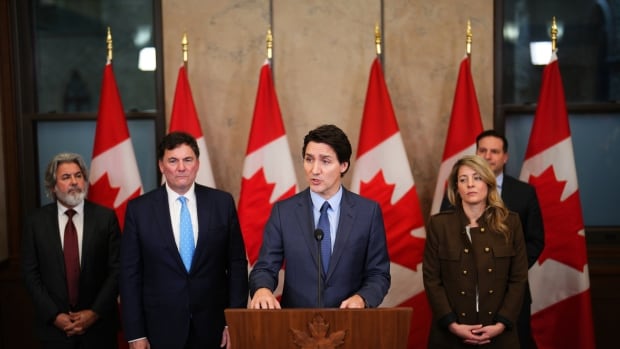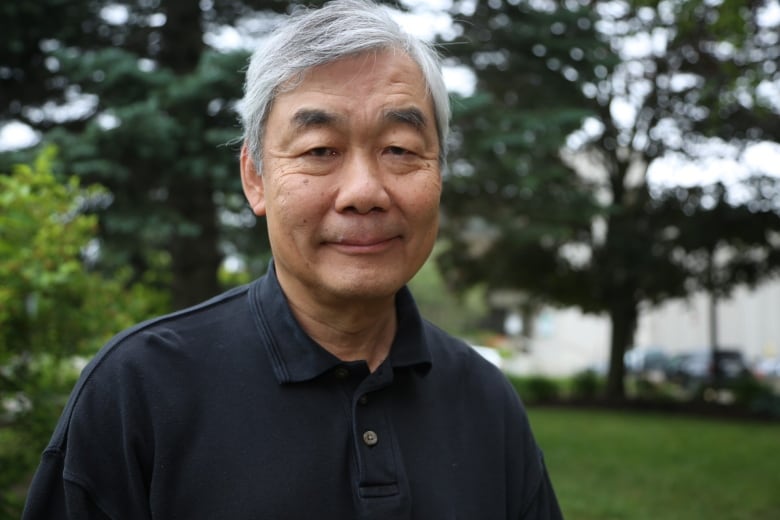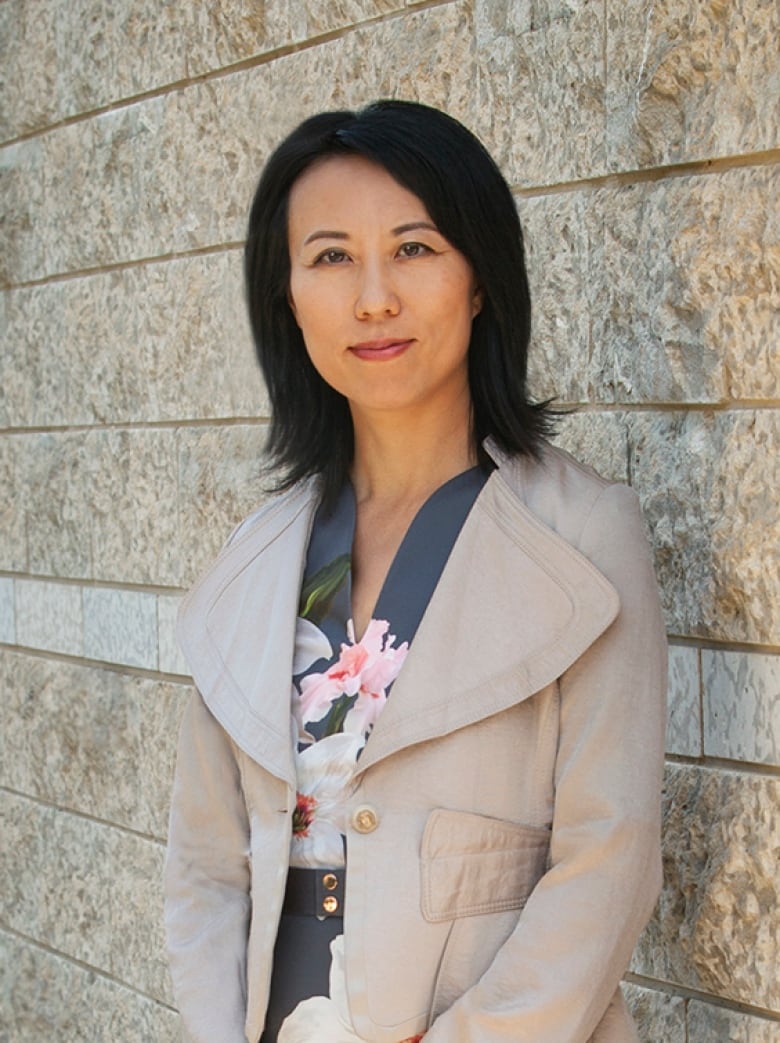
As Ottawa launches investigations into claims China interfered in two elections, some members of the Chinese diaspora are warning about an increase in anti-Asian racism, while others say racism could be used to hinder the search for the truth.
“The first thing we need to be very sure about is that racism is not being used as a shield to deflect or distract from the real issue at hand,” said Cheuk Kwan, co-chair of the Toronto Association for Democracy in China.
As anti-Asian racism has spiked as a result of the pandemic and as the Sino-Canadian relationship continues to be strained, many question the effect of the investigations on the Chinese diaspora.
Kwan, a longtime activist who has been warning the federal government for the better part of two decades about Chinese government interference, both through his testimony to the parliamentary foreign affairs committee and as a contributor to several reports, says Ottawa needs to be careful the process doesn’t cause backlash against the Chinese community.

Racism as a shield
When Han Dong, MP for Don Valley North, was named by Global News as one of the candidates believed to be supported financially by the Chinese government heading into the 2019 election, Prime Minister Justin Trudeau suggested the allegations were racist.
Ontario MPP Vincent Ke called it “racist” when he was alleged to have ties to the Chinese Communist Party. He also called the claims “false and defamatory.”
But Cheuk and other activists are calling on the federal government to launch a public inquiry and forge ahead with a foreign agent registry — a task that he says, if done properly, will mitigate racism against the Chinese community.
“I think most people understand the Chinese regime is the Chinese regime, that the Chinese people are the Chinese people,” said journalist and activist Sheng Xue.
For the better part of three decades, Xue has been the target of what she says is harassment by the Chinese government as a result of her criticism of Beijing, including having her cell phone number listed in advertisements for sex services and having fake nude photos posted online.
She says her warnings to various Canadian authorities — including to police, lawmakers on Parliament Hill, even CSIS — were largely ignored. Now, she wants a full investigation into Beijing’s efforts.
“The problem is only for Chinese people here working for the Chinese regime.”
Loyalty to Canada
However, others within the diaspora are worried about how the process will unfold, saying there’s “widespread concern” over the wider public perception of the community.
“Some feel … that somehow the Chinese-Canadians’ loyalty to this country has been put into question,” said Jia Wang, interim director of the China Institute at the University of Alberta.

“[They’re] quite worried about people labelling them as a medium or agents of the Chinese government and they’re being manipulated and used.”
Wang said that’s especially the case for anyone in the public sphere, like academics or those holding public office.
Mao Ning, spokesperson for China’s foreign ministry said in a news conference on March 8 that China has “no interest in and will not interfere in Canada’s internal affairs,” calling the allegations of election interference “rumours and lies.” Meanwhile, some researchers say the rocky relationship between the two countries itself is enough to lead to prejudice against Chinese Canadians.
“When this political tension arises, there can be an increase in … unfair assumptions … about their political beliefs,” said Nigel Mantou Lou, assistant professor in psychology at the University of Victoria.
Lou, who studied anti-Asian racism during the pandemic, said these assumptions can lead to unfounded claims, like whenCanada’s Chief Public Health Officer Teresa Tam was accused of working for China.
This is why Wang wants to see a more nuanced approach from Ottawa as it appoints a rapporteur to oversee the investigations and launches consultations on a foreign agent registry.
“If you’re not being the harshest critic against China, you’re being labelled as being disloyal to Canada. That is a problem.”
She said if Canada allows “healthy debates” on the approach to China, it will ultimately serve Canada’s long-term interests in its relationship with the country, considering its economic interests, which she calls “a difficult but very important relationship.”
Furthermore, Wang said the government and policymakers need to consult with the Chinese diaspora as the investigations into interference continue, since it’s those individuals who are the targets of the interference, including politicians and community members.
She hopes Ottawa will develop a wider strategy on foreign interference that doesn’t just focus on China.
“There’s a need for a country-wide consultation,” she said.